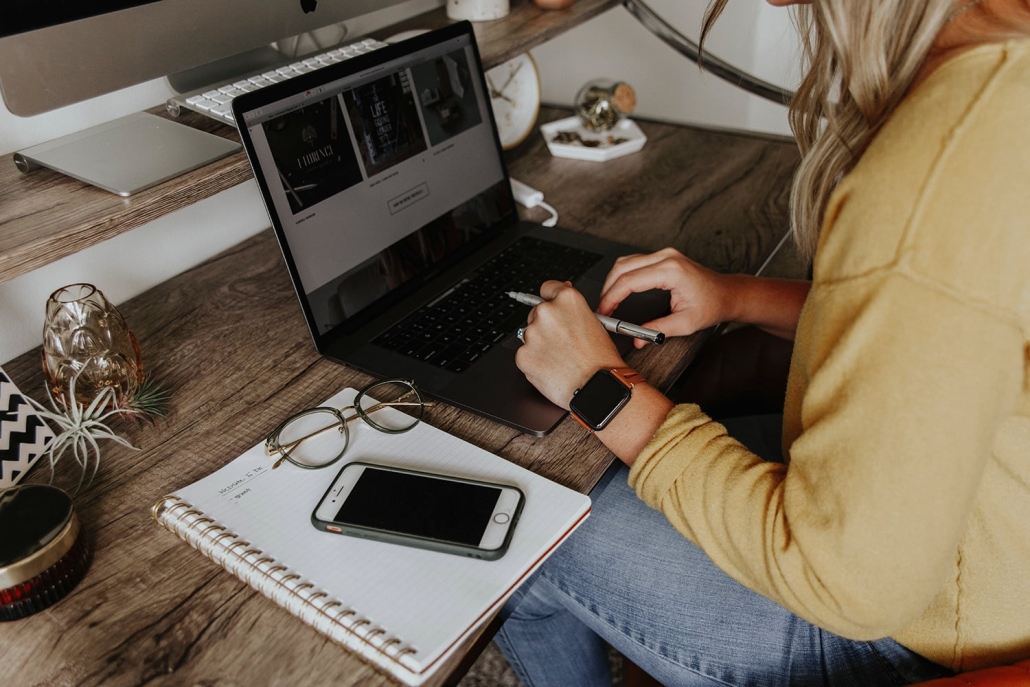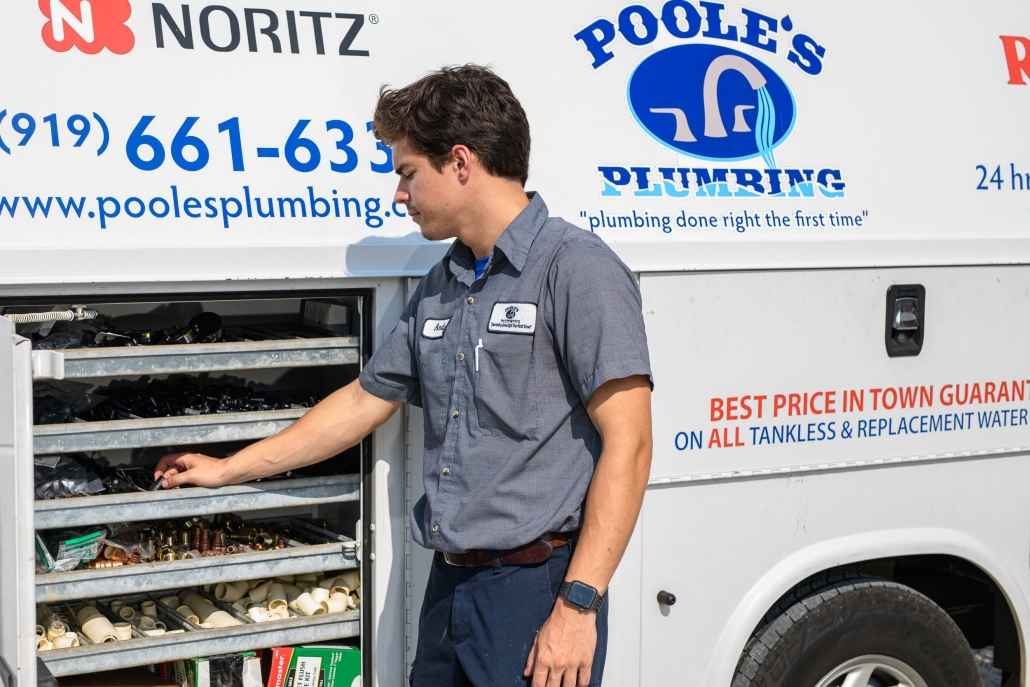Plumbing Emergency, when to call the plumber!
Emergency!
A real plumbing emergency can strike and be a real pain. Whether it's a clogged sink, a burst pipe, or a leaky faucet, plumbing emergencies can cause a lot of inconveniences and may be costly to fix.

Here are some tips on how to handle a plumbing emergency:
1. Shut off the water: This is the first thing you should do in a plumbing emergency. Shutting off the water will help prevent further damage and make it easier to fix the problem.
2. Call a plumber: If you're not sure how to fix the problem yourself, it's best to call a professional. Plumbers have the tools and expertise to fix plumbing problems quickly.
3. Please don't use harsh chemicals: Many people think pouring chemicals down their drain will help clear a clog, which can worsen the problem. Harsh chemicals can damage your pipes and make the situation worse.
4. Be prepared: It's always a good idea to have a few supplies on hand in case of a plumbing emergency. Things like a plunger, a wrench, and some plumbers' tape can help fix various plumbing problems.
The first thing would be to try to identify the source of the leak. This may not be easy, but it is essential to know where the water is coming from to turn it off at the main valve. Second, if you can't find the source of the leak, or if the leak is coming from a pipe that is not easily accessible, you can try turning off the water at your home's main water shutoff valve. This will stop the water flow into your home and give you time to call a plumber.
Lastly, if you find that none of these solutions work, you may need to call an emergency plumber. Emergency plumbers are trained to handle plumbing emergencies and can usually get your problem fixed quickly.
However, if you have a significant leak or flooding, you should always call a professional plumber so that they can assess the damage and make sure that your home is safe. Remember, a plumbing emergency can happen, so it is always best to be prepared.
Burst pipes are considered one of the most severe plumbing emergencies as they can cause extensive damage to your home. If a pipe bursts, it is essential to turn off the water supply and call a plumber immediately. Burst pipes can be caused by several factors, including cold weather, faulty piping, or excessive water pressure.
Blocked drains are another typical plumbing emergency. If and when a drain becomes blocked, it can cause sewage to back up into your home. This can be a very unpleasant and dangerous situation. If you suspect that a drain is blocked, you should call a plumber as soon as possible.
Overflowing toilets are another typical plumbing emergency. If a toilet overflows, it can cause water to flood your bathroom and potentially damage your floors and walls. Turning off the water supply and calling a plumber is crucial if you have an overflowing toilet. Overflowing toilets can be caused by several factors, including a clogged sewer line or a faulty flushing mechanism.
If you experience any plumbing emergency, it is essential to call a plumber as soon as possible. Plumbing emergencies may cause extensive damage to your home and be dangerous if not dealt with quickly.
Hopefully, these tips will help you handle a plumbing emergency should one occur. Remember, the best way to avoid a plumbing emergency is to have your pipes checked regularly by a professional.
So, if and when you have a plumbing emergency, you can do a few things to solve the problem yourself.






